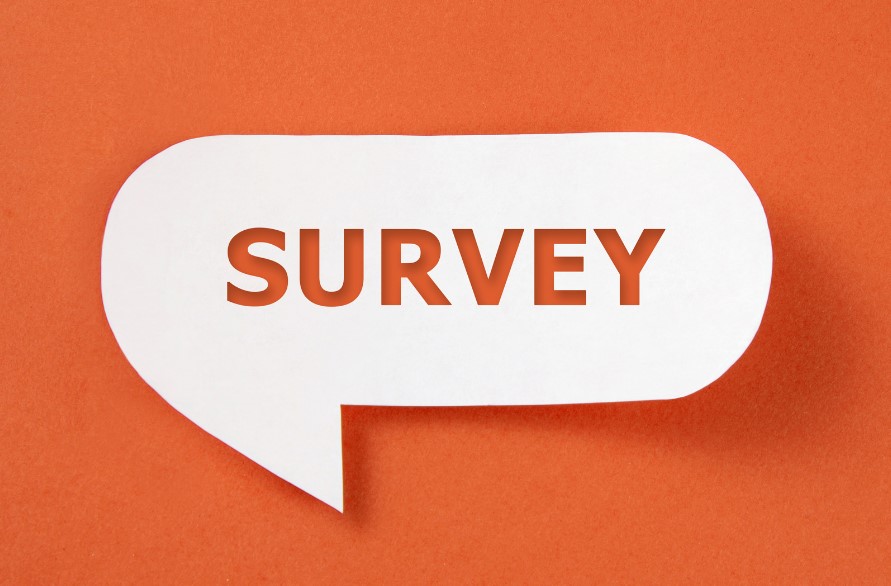Only 14% of Ukrainians are not going to boycott brands that continue to work in Russia. The survey was conducted by Gradus Research using a nationally representative sample of 1,790 Ukrainian citizens aged 18 to 64. Three quarters of respondents would have more negative feelings for a brand, if they find out that it continues to operate in Russia.

Since the beginning of the war, many international companies have decided to leave the Russian market. Public pressure contributed to this: a poll conducted by YouGov among registered voters in the US found that more than four in five of them say brands should cease doing business in Russia (82%). The top five actions consumers want to see from brands are: donate money/supplies, pull operations out of Russia, promote relief efforts, stop selling products in Russia and evacuate staff/family from Ukraine, according to a poll of the 4A’s, 500+ respondents). More than two-thirds say they would be more likely to buy from a brand who donates or sends a portion of its money to aid humanitarian efforts in Ukraine (YouGov data), and also show understanding of raising prices. Three in five Americans continue to be willing to pay more for gasoline to continue to support a democratic country (an Ipsos survey).
“There is no doubt that consumers around the world will be paying more for basic foodstuffs, exacerbating an existing cost of living crisis. Brands will have a role in explaining why it’s happeningâ€, WARC writes.
Pressure on brands from society combined with their own moral standards and gives results. WFA has conducted a poll amongst its members to understand multinationals’ responses in relation to their media and marketing investment in Russia. Of the 31 global brand owners representing $43bn in global ad spend who responded, three in four have reallocated, reduced or cut spend altogether.
«Ceasing business in such a large market as Russia requires bravery from companies. But it’s it to follow brands’ high missions and values as written on corporate manifestos? Consumers wants to pay more for branded products than for commodities, because brands have added value, and it’s the value of emotions and meanings of a brand. So relationships with brands — both one-on-one in front of a store shelf and for ‘identification’ when with family and friends — deteriorate from such an emotional fact as continuing to do business with the occupier,» said Jane Blyzniuk, CEO of Gradus Research.
The Group of respondents aged 25-54 years, active and financially reliable buyers, shows the greatest desire to boycott international brands remained in Russia. The least one showed respondents over 55 years, they more often than others hesitated with their position, saying they are unsure. But in answer to the question ‘How would your attitude to the brand change if you find out that it continues to work in Russia?’ this age group is the same as others — 75% would worsen their attitudes.

The full report is available for purchase from Gradus Research.
A previous poll conducted by Gradus Research showed that a large share of Ukrainian consumers switched to new brands, especially among respondents who have relocated, and it’s more than a half of the country’s population. The poll also showed a desire to support Ukrainian brands. At the same time, price wasn’t decisive for brand switching.
The survey was conducted by Gradus using a nationally representative sample of 1,790 Ukrainian citizens aged 18-60 residing in cities with more than 50,000 inhabitants. The sample was weighted according to gender, age, settlement region and size. Method — self-administered questionnaire in mobile application. Poll period: May 9-11, 2022.





















